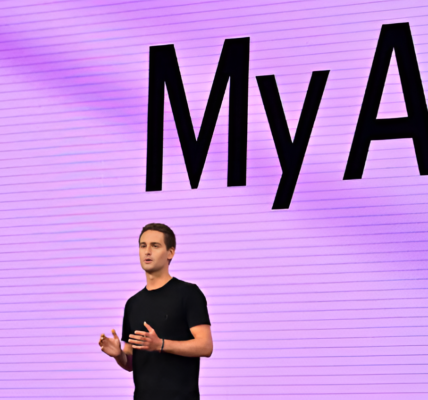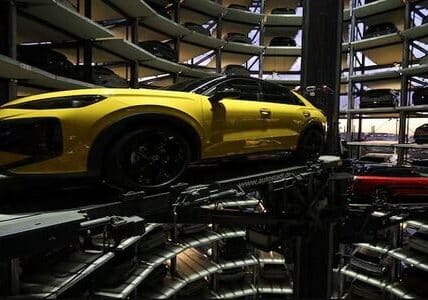
Washington–Beijing tech thaw boosts Nvidia’s China ambitions as H20 chip shipments are set to restart.
In a pivotal move for the global semiconductor industry, Nvidia announced plans to resume sales of its powerful H20 AI chips to China, following fresh assurances from the U.S. government that export licenses will be granted. The decision could mark a significant easing of geopolitical tech tensions and offers a major win for the California-based chipmaker.
The H20 GPU—originally engineered to comply with previous U.S. export restrictions—had faced an abrupt pause in April after new rules required Nvidia to obtain specific licenses to continue its China sales. But on Tuesday, the company confirmed that it is now gearing up for imminent deliveries.
“The U.S. government has assured NVIDIA that licenses will be granted, and NVIDIA hopes to start deliveries soon,” the company said in a public statement.
Huang’s High-Level Advocacy Pays Off
The breakthrough follows intense lobbying efforts by Nvidia CEO Jensen Huang, who has been vocal in recent months about the negative impact of export curbs on American innovation and market dominance. Notably, Huang met with former President Donald Trump last week, where he reaffirmed Nvidia’s alignment with U.S. goals of job creation, AI leadership, and technology onshoring.
In May, Huang revealed that U.S. chip restrictions had already slashed Nvidia’s market share in China by nearly 50%, prompting concerns over lost ground to local competitors such as Huawei and other homegrown AI chip developers.
A Thaw in U.S.-China Tech Tensions?
The apparent reversal in the U.S. export stance follows a broader preliminary trade agreement between Washington and Beijing, which included mutual concessions—such as China easing rare-earth export restrictions and the U.S. softening its tech export controls.
Industry experts have called the decision a game-changer.
“The lifting of the H20 ban marks a significant and positive development for Nvidia,” said Ray Wang, research director at Futurum Group. “It allows the company to reassert its leadership in the lucrative Chinese market.”
Wang added that alongside the H20’s return, Nvidia’s new export-compliant AI chip lineup will likely provide a dual-engine growth opportunity in the near term.
Nvidia’s China Strategy: Balancing Compliance and Demand
In recent months, reports suggested that Nvidia was developing a scaled-down AI chip tailored for Chinese buyers—less advanced than the H20, but designed to meet U.S. regulatory standards. Huang recently unveiled the RTX PRO GPU, described as “fully compliant,” and ideal for use in smart factories and logistics sectors, although Nvidia has not officially confirmed if the product is targeted at the China market.
Despite the progress of China’s AI chip ecosystem, analysts note it still lags behind Nvidia’s cutting-edge capabilities and those of global foundries like Taiwan Semiconductor Manufacturing Company (TSMC).
Nvidia’s Market Bounce and Global Implications
The announcement sparked renewed investor confidence, with Nvidia shares rising 4.5% on trading platform Robinhood as of early Tuesday morning ET.
While in China this week, CEO Jensen Huang met with both government and tech industry officials to discuss the role of AI in driving innovation and ensuring ethical development of artificial intelligence systems.
Louise Loo, lead China economist at Oxford Economics, told CNBC that the resumption of H20 chip exports will buy China more time as its domestic chip capabilities evolve.
“Manufacturers in China are still prioritizing Nvidia chips where available,” Loo said. “This move provides them breathing room as they await advancements in local semiconductor tech.”




